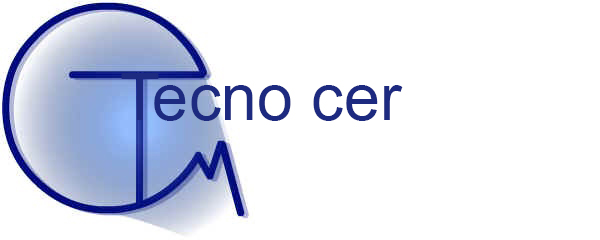TECNOCER srl
Certifications Products for the protection of glass and ceramics
Certifications Istituto Giordano
What is the Tecnoclean Line
Determination of Glass Care characteristics
Report of Tecnoclean 2002 trial
Certifications UNI Bo
The following analysis reports relating to the antibacterial effect of the TECNOCLEAN treatment on the surface of glass tops and the surface of sinks used in the dental field demonstrate the reduction of the microbial load (E.coli, Staphylococcus aureus and streptococcus mutans) on the surfaces treated with TECNOCLEAN.
Equal to approximately 96% – 98% for treated glass and equal to approximately 97% – 99.9% for treated sinks, all reports were carried out by contaminating the supports with concentrated bacterial broth cultures, which essentially do not exist in reality; this is necessary to carry out certifications based on current European regulations, but also to create extreme situations to detect the real antibacterial capacity of the product.
The tests were carried out on glass and ceramic, the latter being mainly a vitreous coating. Many of our customers have appreciated this data to confirm that the treatment, in addition to the water-repellent effect, has a valid antibacterial function that is stable over time with results of 96% to 99% compared to an untreated support.
The following analysis reports on the analytical assessment carried out on glass/sinks used in the dental field treated with TECNOCLEAN demonstrate with repeated replications the effectiveness of the TECNOCLEAN treatment in reducing the microbial load equal to approximately 96% – 98% for epPari treated glass to approximately 97% – 99.9% for treated sinks.
Over the years we have maintained the same perspective of professionalism
TEST 2023
– University Bologna report 1/12/2023 N. 2/23
Analysis report relating to the analytical assessment performed on glass treated and not treated with TENOCLEAN, contaminated with Escherichia coli ATCC 8739
– University Bologna report 1/12/2023 N. 1/23
Analysis report relating to the analytical assessment performed on glass treated and not treated with TENOCLEAN, contaminated with Staphyloccoccus aureus ATCC 6538P
————————————————————–
– Università Bologna report n. 12.2743 : analisi relativo all’accertamento analitico eseguito su vetri trattati e non trattati con Tecnoclean, contaminati con Escherichia Coli
– Università Bologna report n.12.2507 : analisi relativo all’accertamento analitico eseguito su vetri trattati e non trattati con Tecnoclean, contaminati con Staphylococcus Aureus
– Università Bologna report n.12.2744: analisi relativo all’accertamento analitico eseguito su lavandini trattati e non trattati con Tecnoclean, contaminati con Staphylococcus Aureus
– Università Bologna report n.12.2745 : analisi relativo all’accertamento analitico eseguito su vetri trattati e non trattati con Tecnoclean, contaminati con Streptococcus Aureus
– Addendum test report
NEW! TECNOCLEAN treatment certificate after 2 years of use
Università Bologna Referto Prot.679.15 del 23.02.2015 : Analysis relating to the analytical assessment performed on glass treated and not treated with Tecnoclean, stored at room temperature for 2 years WITH WEEKLY WASHING WITH PRODUCTS ON THE MARKET and contaminated with Escherichia Coli TO DETECT ANALYSISUniversità Bologna report n. 1329/13 : analysis relating to the analytical assessment performed on glass treated and untreated with Tecnoclean, stored at room temperature for 6 months and contaminated with Escherichia Coli
Certificazione SOLAR
The determination of the light and solar characteristics was carried out according to the UNI EN 410:2011 standard.
The light transmission/direct energy transmission/UV transmission factors are all unchanged on the surface treated with TECNOCLEAN solar. Therefore the treatment on the glass covering surface of the panel does not in any way hinder the function and performance of the solar module.
– Istituto Giordano rapporto di prova n.292865
Certifications Centro Ceramico
Tests confirm temperature resistance. of the surface treated with TECNOCLEAN.
This test was carried out by means of steam under pressure to make the deteriorating action of heat more effective, a fundamental characteristic in saunas and in prolonged exposure to heat such as photovoltaic panels and windows exposed to the sun.
Contact angle test:
The contact angle is usually detected to know the adhesion of a product to a surface.
The greater the contact angle, the smaller the adhesion surface.
This factor determines the lower adhesion of the product to the surface, increasing the fall or sliding of the liquid on a vertical surface, ensuring that it remains less wet and with the continuous sliding of the water a cleaning action is created.
It was also found that dust adhesion is lower on a support that has a high contact angle
– Certificazione angolo contatto
– Certificazione centro ceramico resistenza al calore
